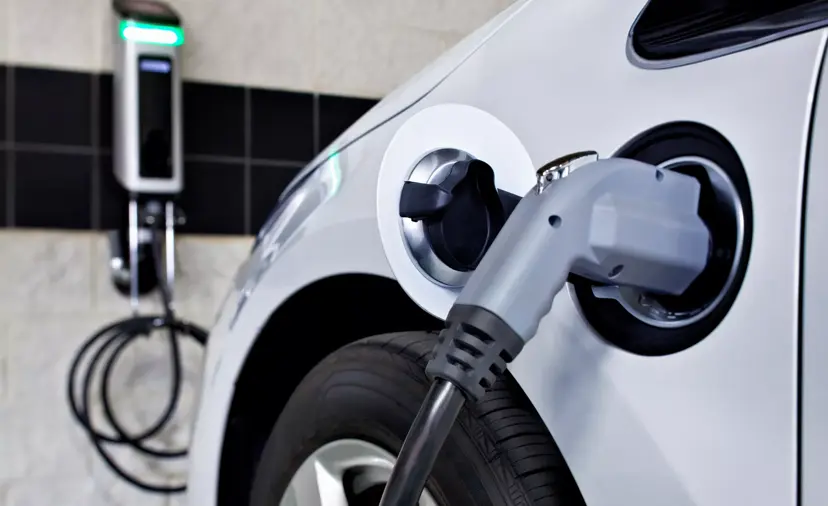Nigeria has partnered with a Moroccan firm to manufacture and assemble locally-made electric vehicles. This initiative, spearheaded by the National Automotive Design and Development Council (NADDC), targets the country’s automotive sector to reduce reliance on imported vehicles.
NADDC Director-General/CEO, Joseph Osanipin, announced the collaboration during the Nigeria-Morocco business forum. He highlighted the potential benefits of this partnership, including local components manufacturing, electric vehicles, EV infrastructure, and gas-powered vehicles.
“We visited the National Center for Homologation and two local firms in Morocco,” Osanipin said. “We also initiated discussions with E-move Vehicles Company, which manufactures electric motorcycles, tricycles, and batteries, and is a major player in energy storage systems.”
The delegation also explored collaboration opportunities with Univers Acier Steel, a firm producing parts for auto companies. “We identified products of electric vehicles we can produce in Nigeria and export to Morocco,” Osanipin added.
During the visit, the team toured Cetiev, Morocco’s technology partner for automotive industries, and six test centres for various sectors. “We are working to replicate Morocco’s success in the Nigerian automobile sector,” Osanipin stated.

The collaboration seeks to promote local production capabilities, enhance technological expertise, and contribute to economic growth and environmental sustainability. “Their expertise in battery manufacturing and economy EVs is a major attraction. Manufacturing these products in Nigeria will support our energy transition in mobility and create jobs,” Osanipin emphasized.
According to the Global Electric Vehicles Outlook 2024 report, the global electric car fleet is projected to grow by 17 million by the end of the year.
This partnership marks a significant step in Nigeria’s ongoing efforts to develop its electric vehicle industry, fostering collaboration and experience sharing on automotive development.
“We learned a lot and still have a lot to learn from them on regulations, inspections, testing, etc.,” Osanipin concluded.
Get passive updates on African tech & startups
View and choose the stories to interact with on our WhatsApp Channel
Explore




